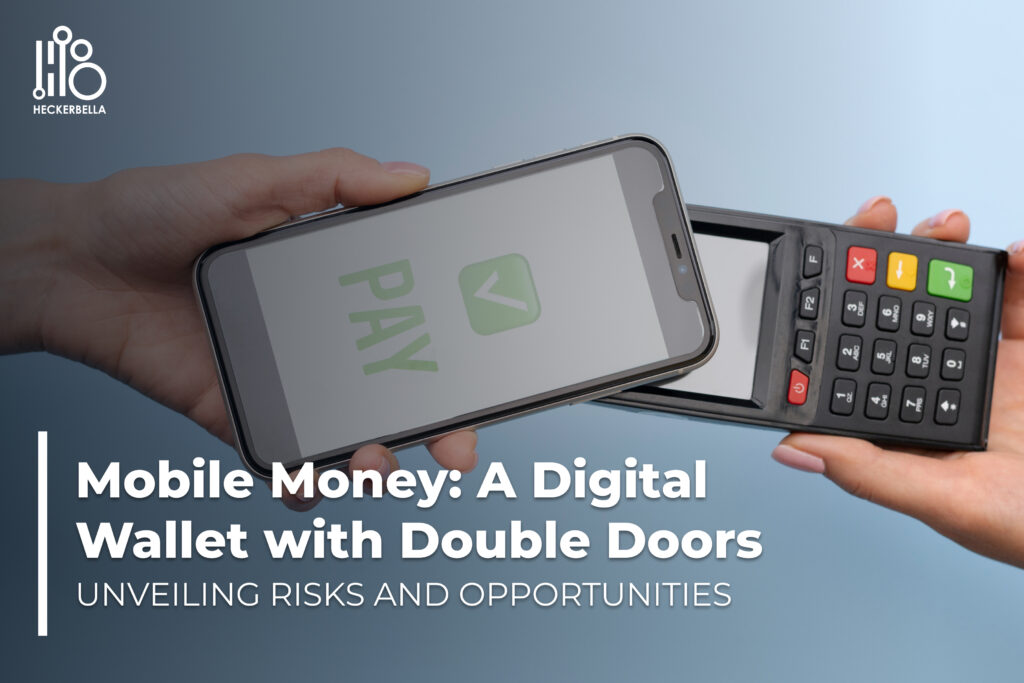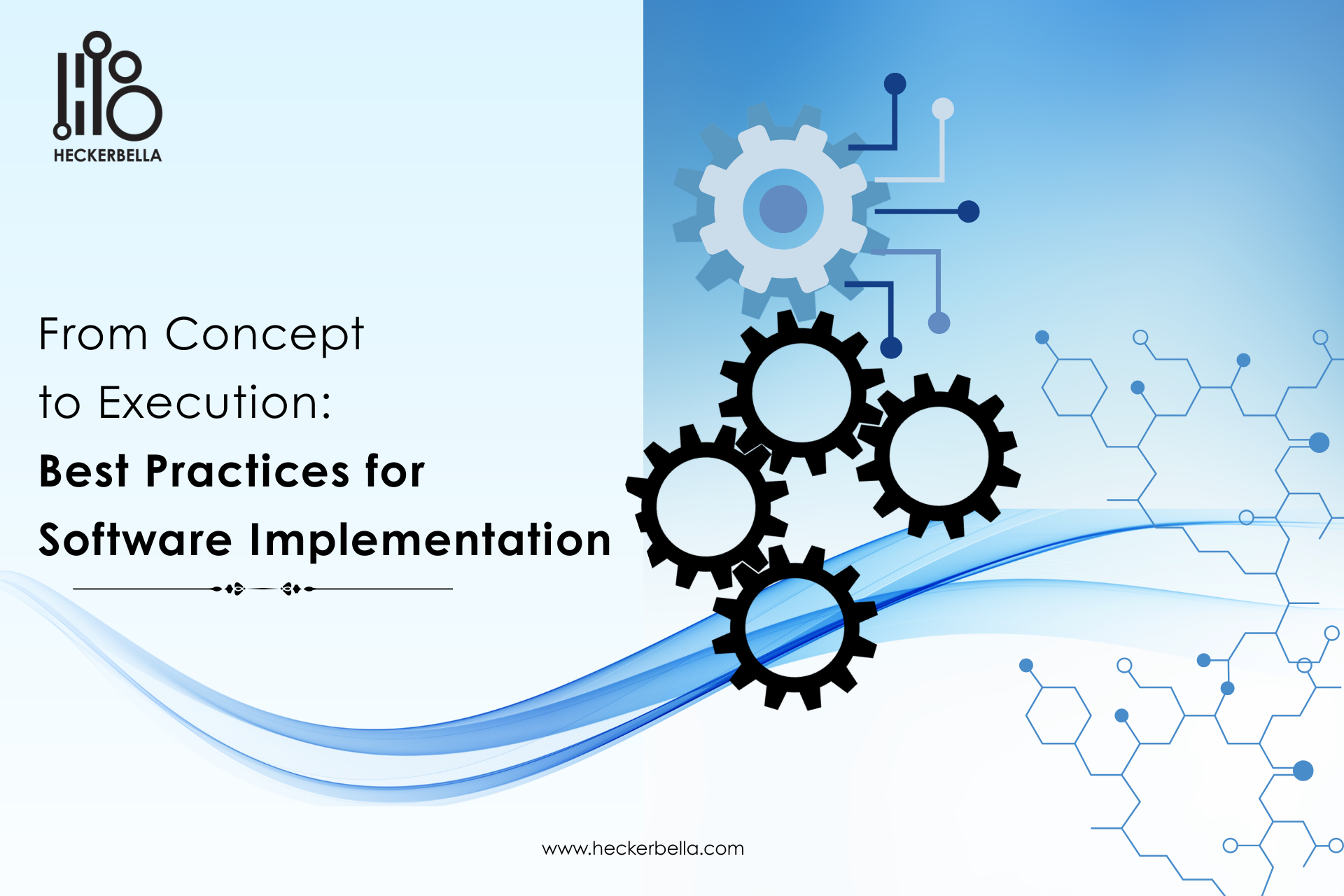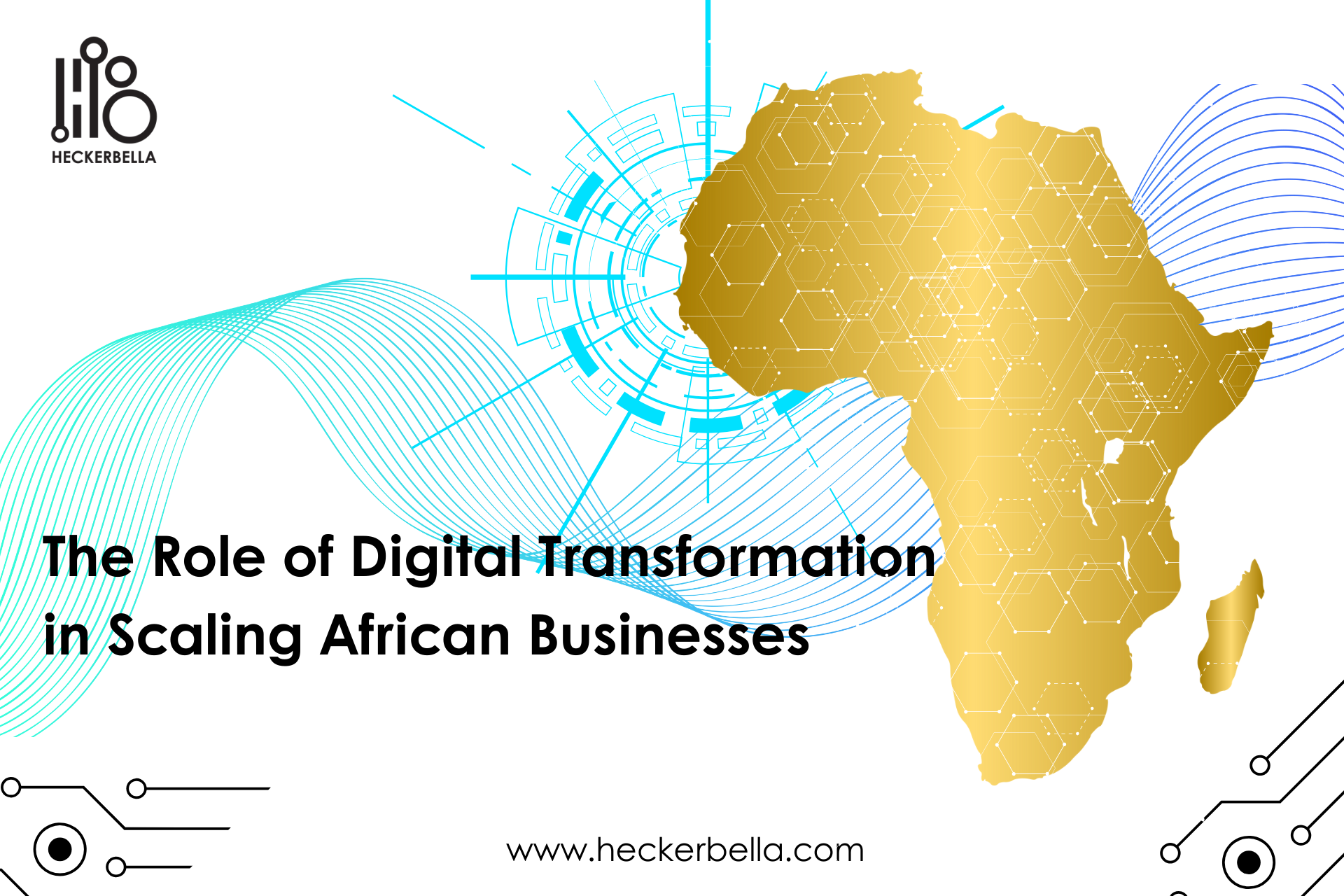Mobile Money: A Digital Wallet with Double Doors - Unveiling Risks and Opportunities.
Exodus Edet
April 19, 2024

Across Africa, mobile money has ignited a financial revolution, empowering individuals, boosting entrepreneurship, and unlocking doors to financial inclusion. With a simple tap on a phone, millions can now send and receive money, pay bills, and even save for the future, bypassing the traditional barriers of bank accounts and limited access to physical infrastructure. However, like any transformative technology, mobile money also carries potential risks that need to be addressed.
Threats
- Cybersecurity Vulnerabilities: Mobile money platforms become prime targets for hackers, leading to financial losses and identity theft. The risk increases with growing transaction volumes and sophisticated cybercrime tactics.
- Predatory Practices and Exploitation: Unfair fees, hidden charges, and predatory lending practices can trap vulnerable users in debt cycles, negating the potential benefits of financial inclusion.
- Money Laundering and Financial Crime: The increased ease and volume of digital transactions can create opportunities for money laundering and other financial crimes, posing risks to the financial system and stability.
- Privacy Concerns: Collecting and storing sensitive financial data raises concerns about user privacy and potential unauthorized access or misuse of this information.
Mitigating the Risks
- Enhanced Security Measures: Implementing multi-factor authentication, strong encryption protocols, and robust transaction monitoring systems can deter cyberattacks and safeguard user funds.
- Consumer Protection Regulations: Establishing clear regulations on transparency, fair fees, and responsible lending practices protects users from exploitation and ensures responsible business conduct.
- Anti-Money Laundering and Compliance: Implementing robust Know Your Customer (KYC) procedures, transaction monitoring systems, and collaboration with law enforcement agencies combats money laundering and financial crime.
- Data Privacy Protection: Implementing strong data protection regulations, user consent mechanisms, and transparent data handling practices safeguards user privacy and builds trust in the system.
Unlocking the Opportunities
- Financial Inclusion for All: Mobile money reaches unbanked populations, particularly in rural areas, driving financial inclusion and empowering individuals to manage their finances effectively.
- Boosting Entrepreneurship and Businesses: Micro-entrepreneurs can access loans, accept payments, and manage finances, fostering business growth and economic development.
- Efficiency and Convenience: Cashless transactions offer convenience, speed, and improved record-keeping for individuals and businesses, streamlining financial activities.
- Government Services and Payments: Integrating mobile money with government services can improve efficiency, transparency, and accessibility for citizens, streamlining processes like welfare payments and tax collection.
The Way Forward
Mobile money holds immense potential to transform Africa’s financial landscape, but responsible development and proactive risk mitigation are crucial. Collaboration between governments, mobile money operators, financial institutions, and users is key to creating a secure, inclusive, and sustainable mobile money ecosystem. By harnessing its power responsibly, we can ensure that mobile money truly unlocks financial freedom and empowers everyone to participate in the digital economy.




